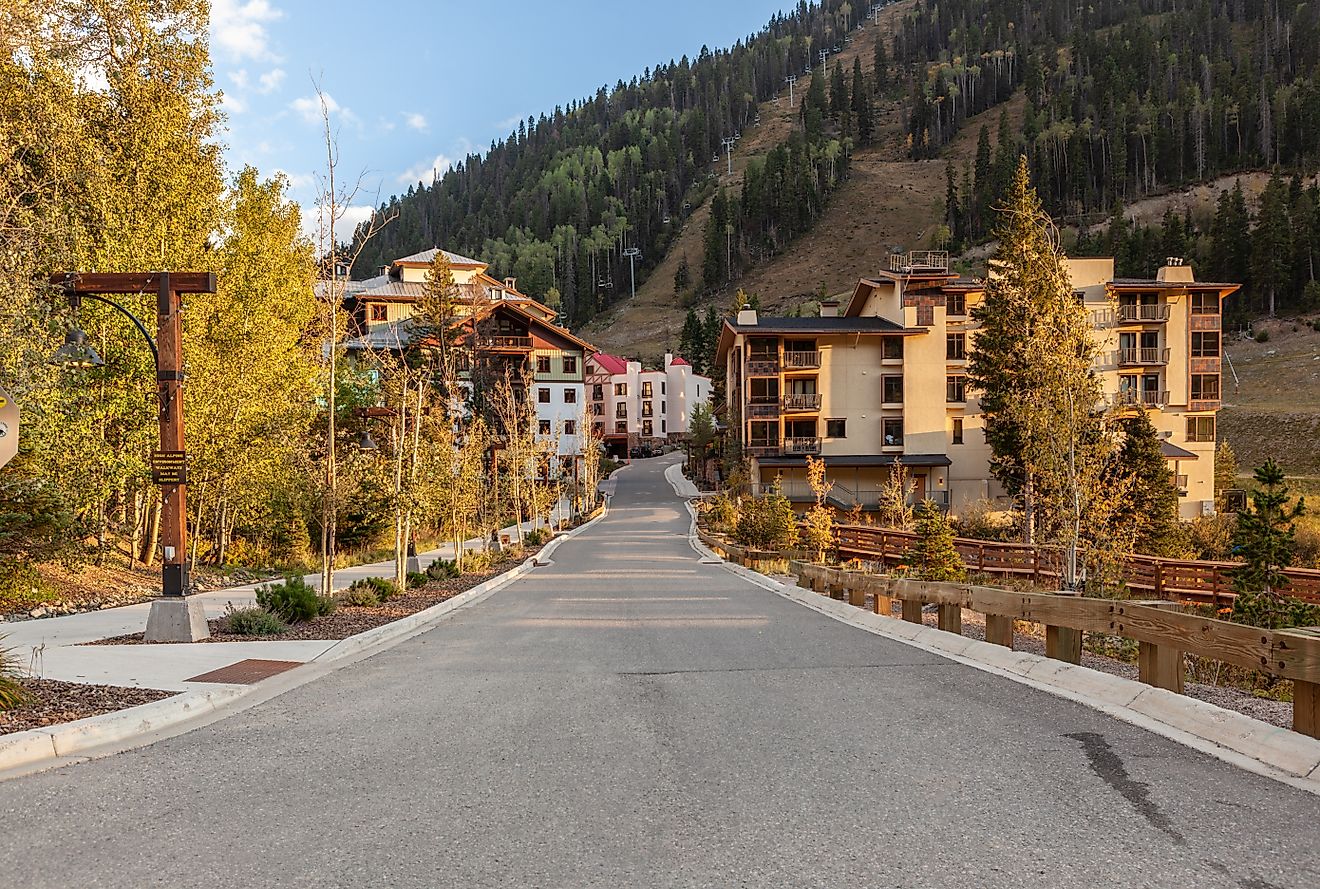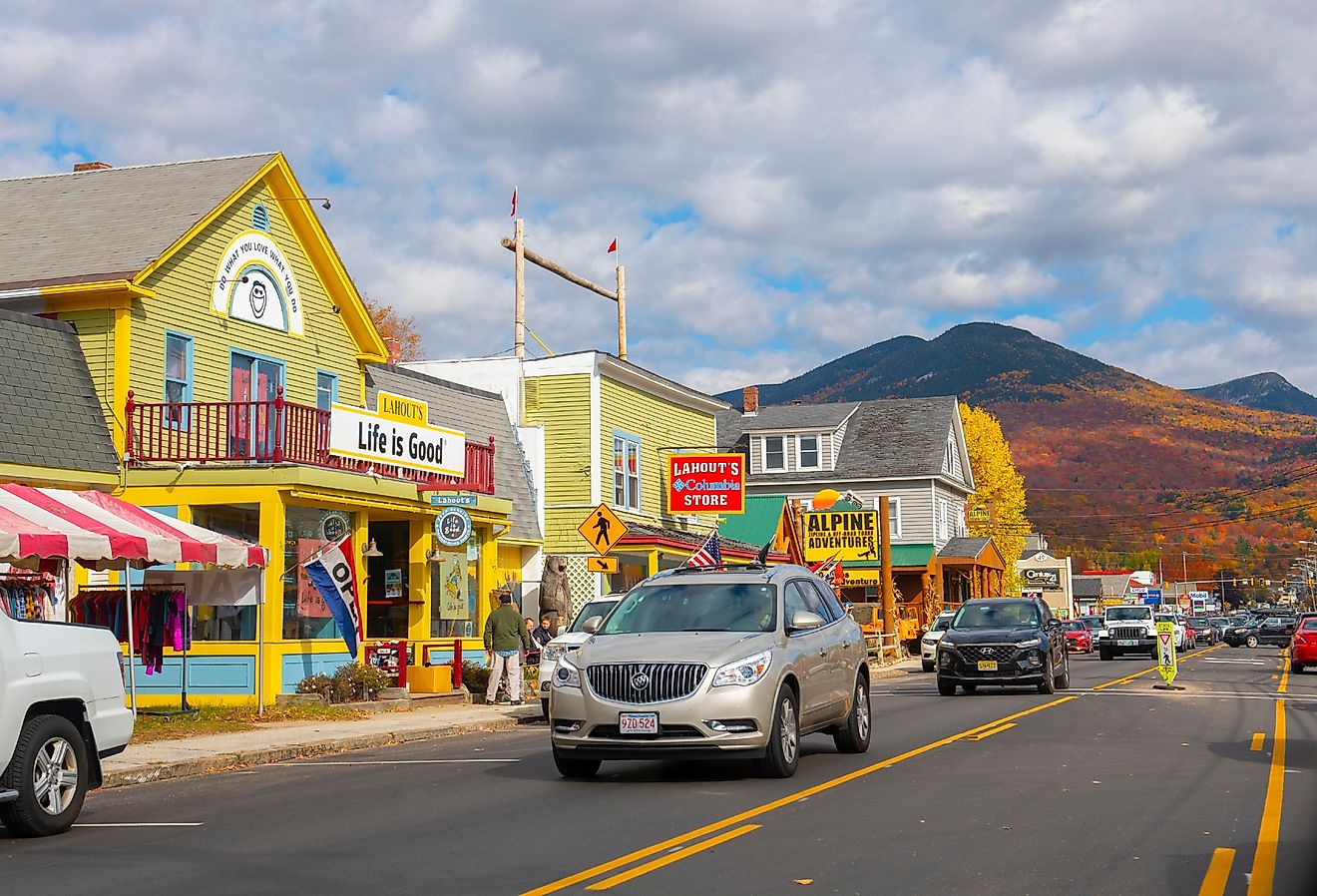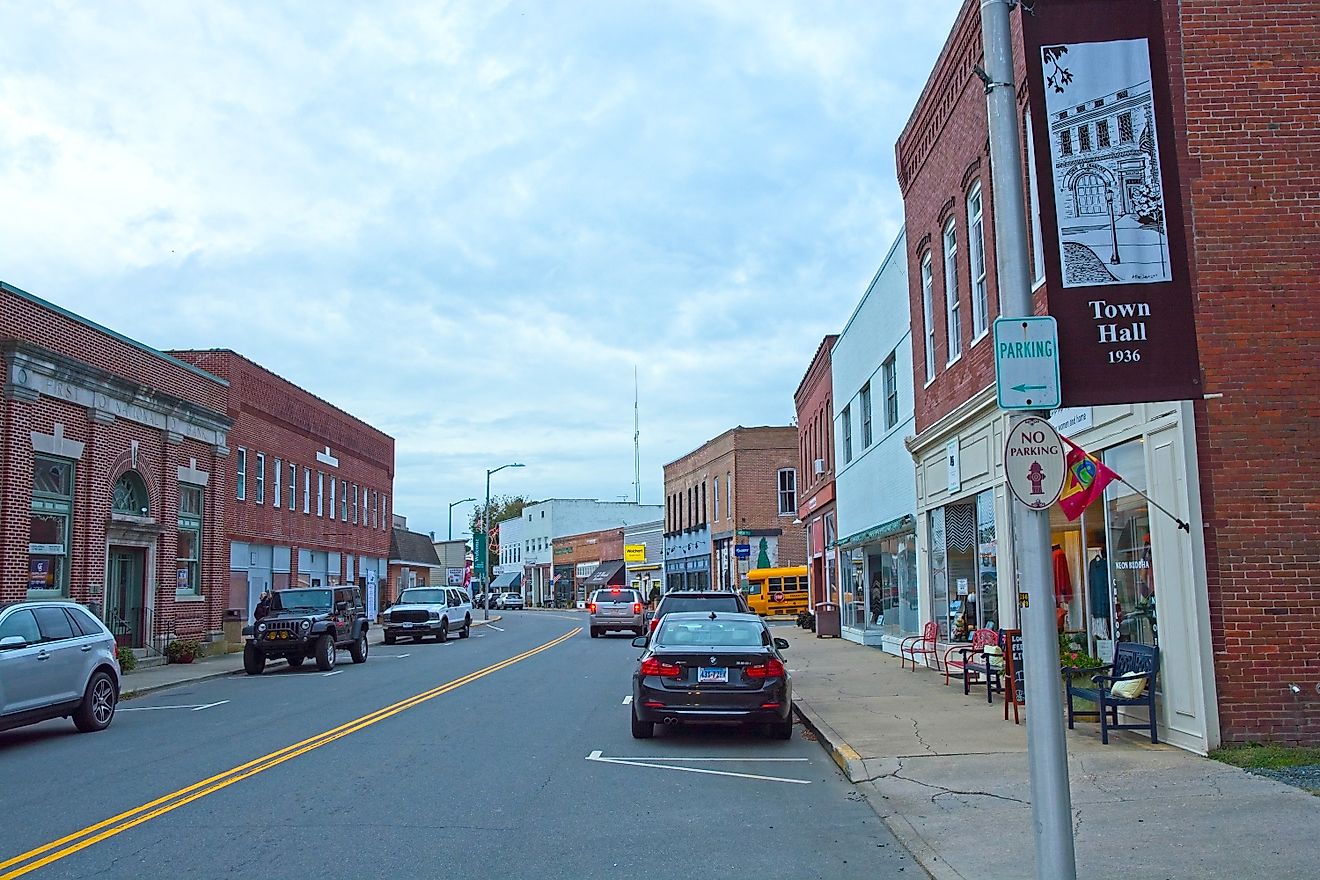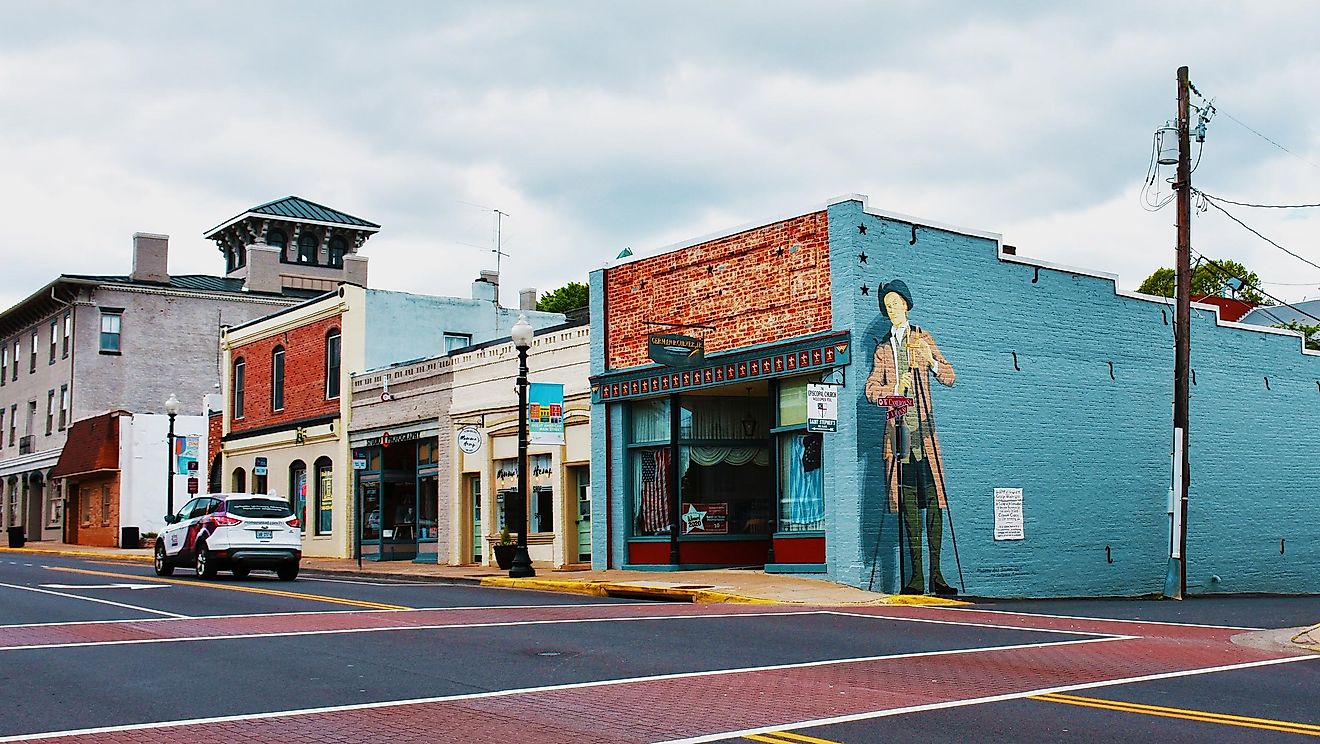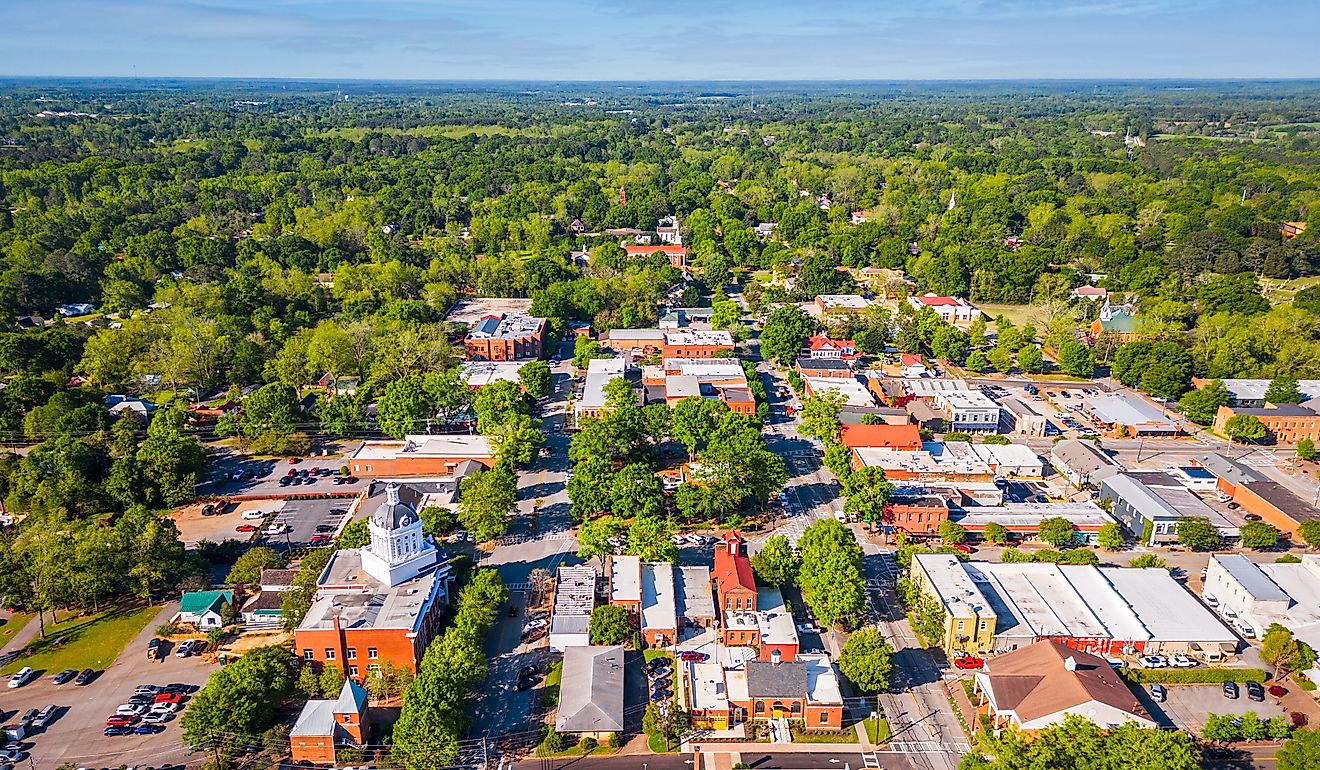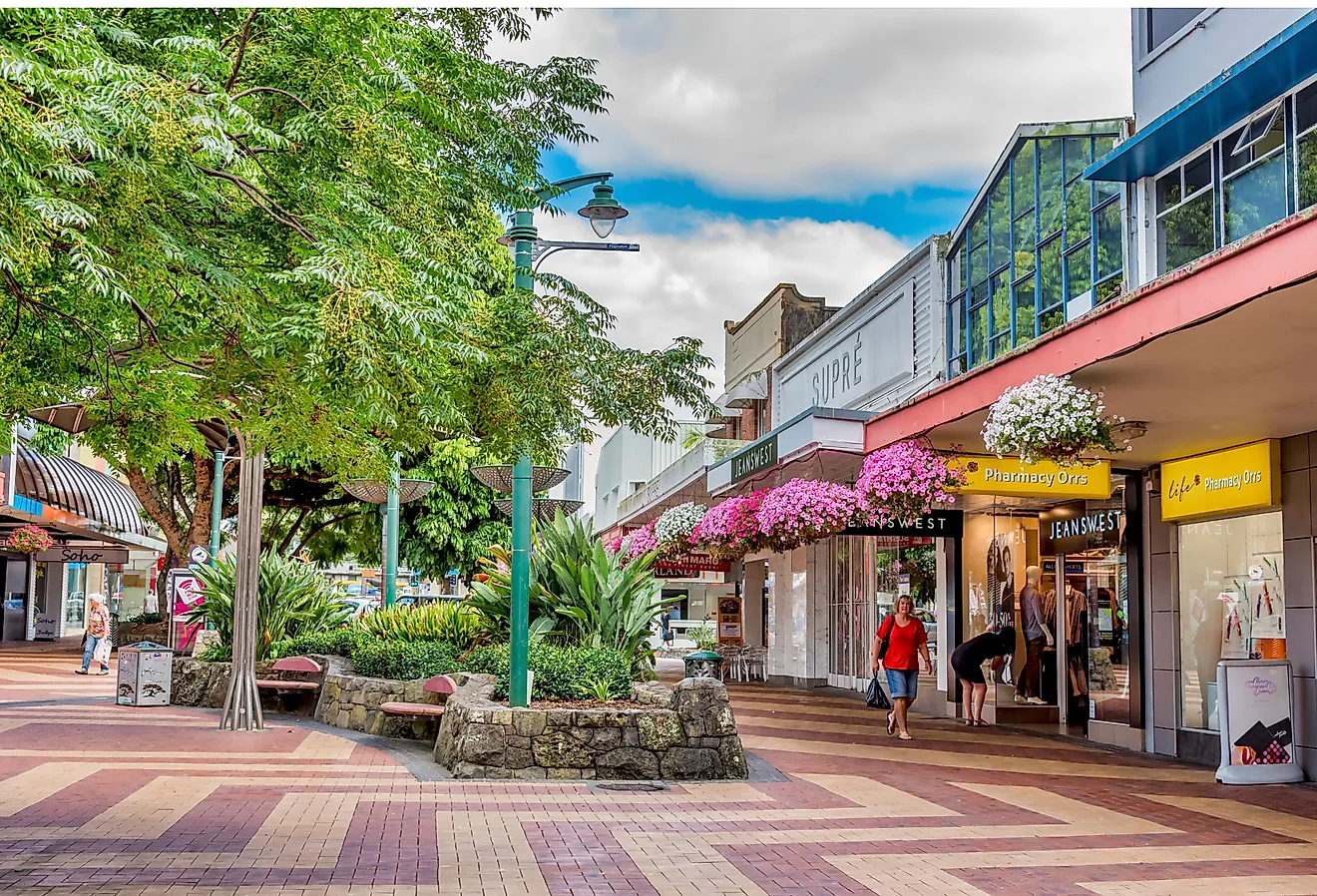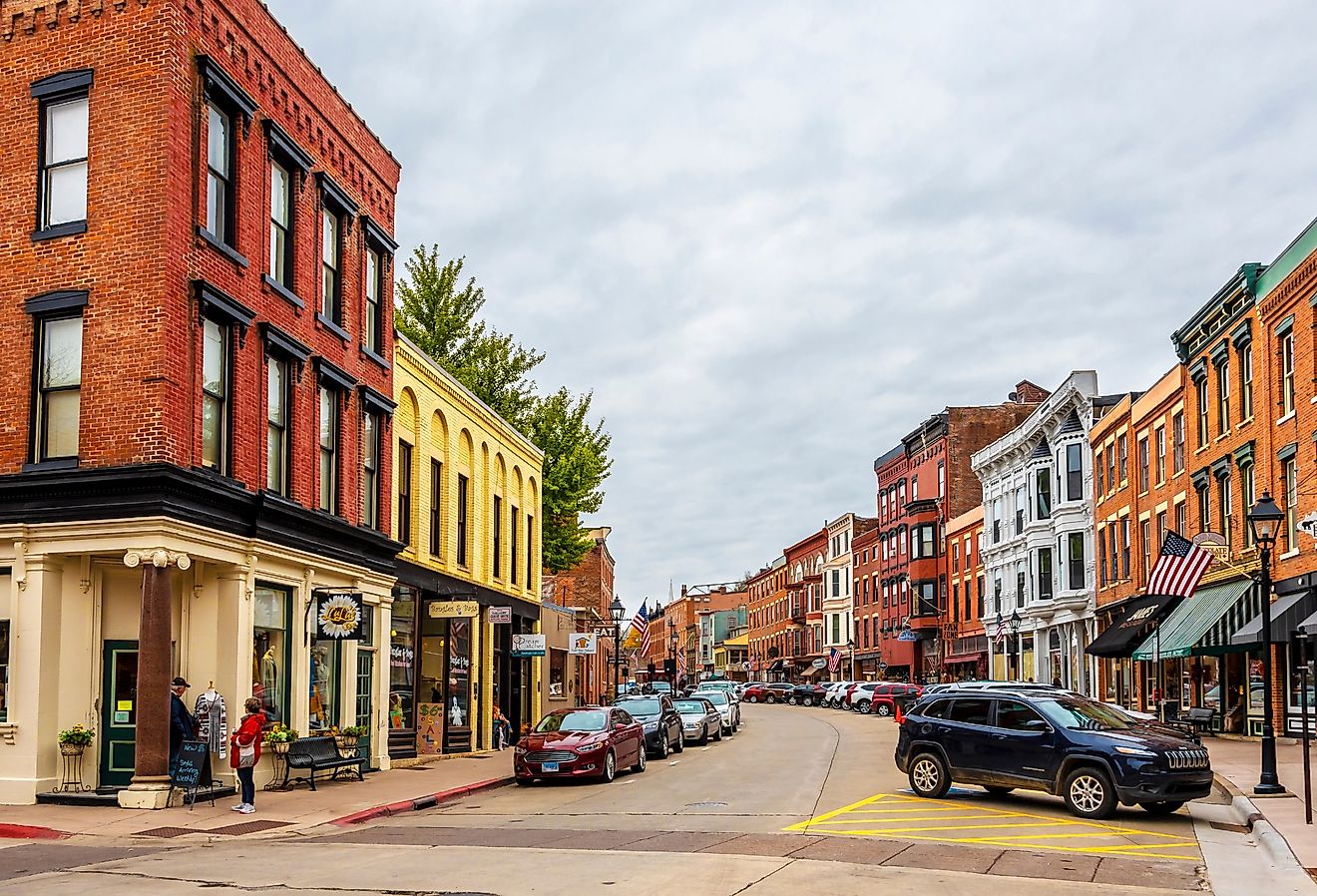Best Essential French Phrases for Tourists
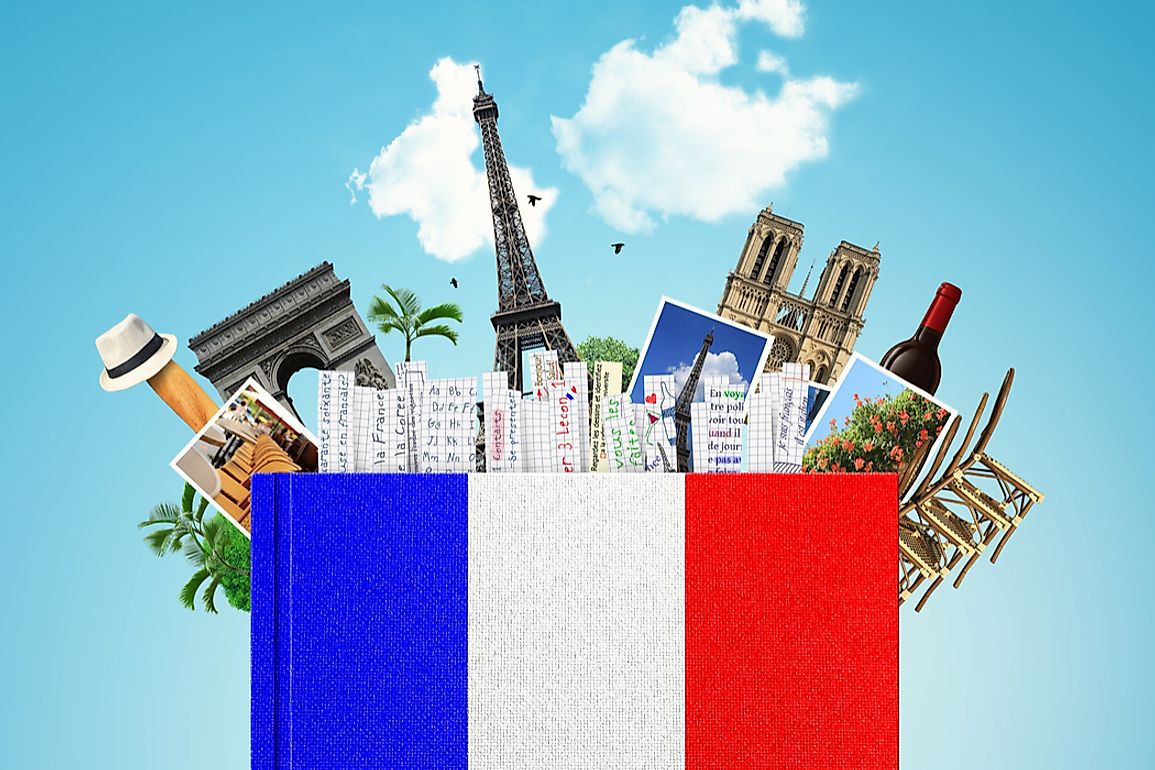
If you want to be welcomed anywhere in the world, you need to be able to communicate with the local population. It is more than making yourself understood; the social rules built around language change from place to place. If your destination is a major destination where French is spoken (such as France or Quebec), taking the time to learn a few words and phrases will prevent you from having your vacation soured by social gaffes and disgruntled locals.
Don’t despair, nobody expects you to pick up the entire language before packing your bags for the trip to a French-speaking nation, and you won’t be able to have a conversation in French by the end of this article. You can, however, at least avoid some awkward first impressions by learning how to:
Introduce Yourself
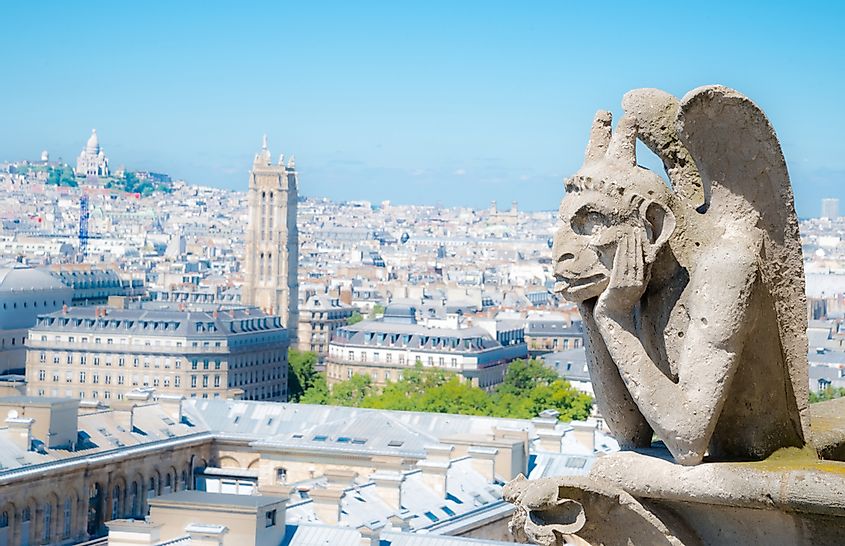
In French, introductions are a bit more structured than most English speakers are used to. When greeting someone, begin with:
"Bonjour" = “Hello” (Formal)
“Hello” is the simplest of words, but of great importance in French. Saying “hello” when greeting someone in French is as important as saying “please” in English. The term “Bonjour” is a formal version of a greeting, where the alternative more coloquial version is:
"Salut" = “Hi” (Casual, Informal)
“Salut” is best translated as “hi.” The phrase is more versatile than just a simple "hi", and can also be used to say an (informal) “goodbye.”
The next step would be to provide your name. This requires a full phrase, but don't worry, it's not that tough:
"Je m'appelle Daymian" = "My name is Daymian."
And to ask for another person's name, you can just add the translation of the phrase "and you to the end of this statement:
"Je m'appelle Damian. Et toi?" = "My name is Daymian. And you?"
Get Help in English

Now that you’ve managed to greet someone properly, you may want to make life easier and ask if they know English.
Many people in French-speaking areas — such as France or Quebec — speak some English. Even if they are not fluent, odds are they are going to speak better English than you speak French. In any case, it can’t hurt to ask.
“Parlez-vous anglais?” = "Do you speak English?"
“Comprenez-vous l’anglais?” = “Do you understand English?”
If they do, great! You’ve introduced yourself, and probably have done it without seeming rude or ignorant of local social rules. People appreciate the effort. If things are still muddy, though, it can’t hurt to communicate using basic phrases, such as "Yes" and "No":
“Oui" = "Yes"
"Non” = "No”
A strange exception that occurs in France, is the affirmative answer when responding to a negative question.
“Vous ne parlez pas Français?” = "Do you not speak French?"
“Oui, je parle Français” = "Yes, I speak French."
Being able to answer yes and no questions can allow basic questions to be answered if the speaker does not have a good grasp on English vocabulary. You might be surprised at how much a simple “oui” can communicate. You’ll probably have a question (or questions) to ask, so even if you don’t know the word you need, you should at least know:
“Où est...?” = “Where is…?”
"Qu'est-ce..?" = "What is...?
"Qui est...?" = "Who is...?"
"Quand est...?" = "When is...?"
"Comment est...?" = "How is...?"
You might not know how to say your question in French, and they might not know it in English. Compromise by adding your English noun after “où est.” You might feel goofy asking “Où est shopping mall” (What Where is shopping mall?), but you'll likely get your meaning across.
Say Please & Thank You
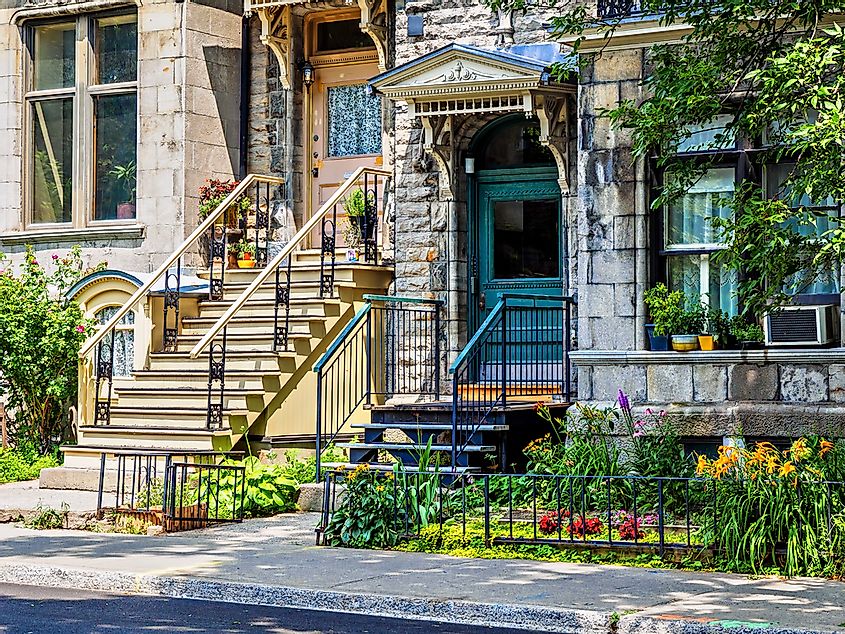
During all of this, don’t forget to be polite and say please and thank you.
You may remember reading earlier that saying “hello” properly is as important as saying “please” in English. Well, saying “please” is important in French as well, so make sure to puncture your conversation with the polite adverb we all know and love. Like “hello” above, you can say “please” in two ways. They are:
"S'il vous plait” = "Please" (Formal)
“S’il te plaît" = "Please" (Informal)
If you don’t know whether to use the informal or formal version of a French word, err on the side of caution and use the formal. In this case, both “te” and “vous” mean “you,” with “te” being a more casual form of the word.
After your heartfelt conversation comes to an end, be sure to say “thank you” and “you’re welcome.” It's easier to understand are the two common ways of saying “thank you” in French, which are:
“Merci" = "Thank you"
"Merci beaucoup” = "Thank you very much"
This isn’t as strict as the difference in saying “please,” so just use these how you normally would. “Merci” will suffice most of the time, but a heartfelt “Merci beaucoup” might better express your gratitude if the other party has done you a great service or favour.
Should you do someone a kindness and find yourself on the other end of a “Merci” or “Merci beaucoup,” you can easily reply with:
“Je t’en prie" = "You're welcome" (Informal)
"Je vous en prie” = "You're welcome" (Formal)
If you want to really stretch your newly acquired linguistic muscles, you could give this a try:
“Tout le plaisir est pour moi” = “It’s my pleasure”
Attentive readers may have already noted noted the “vous” in the formal form of “you’re welcome,” and they get a golden star. This is easily the most difficult pronunciation in this article, so be sure to brush up on pronunciation if you plan on doing any good deeds while you travel.
More Phrases That Will Help
Now that you know the essentials, here are a few more phrases and questions that you just might need to pull out during your trip:
“Excusez-moi” = “Sorry/Excuse me”
“Je ne comprend pas” = “I don’t understand”
“Comment dit-on ____ en Français?” = “How do you say ____ in French?“
"Pouvez-vous parler plus lentement" = "Can you speak more slowly?"
"Combien?" = "How much is this?"
“Où sont les toilettes?” = “Where is the bathroom?”
"Où puis-je trouver un taxi?" = "Where can I find a taxi?"
